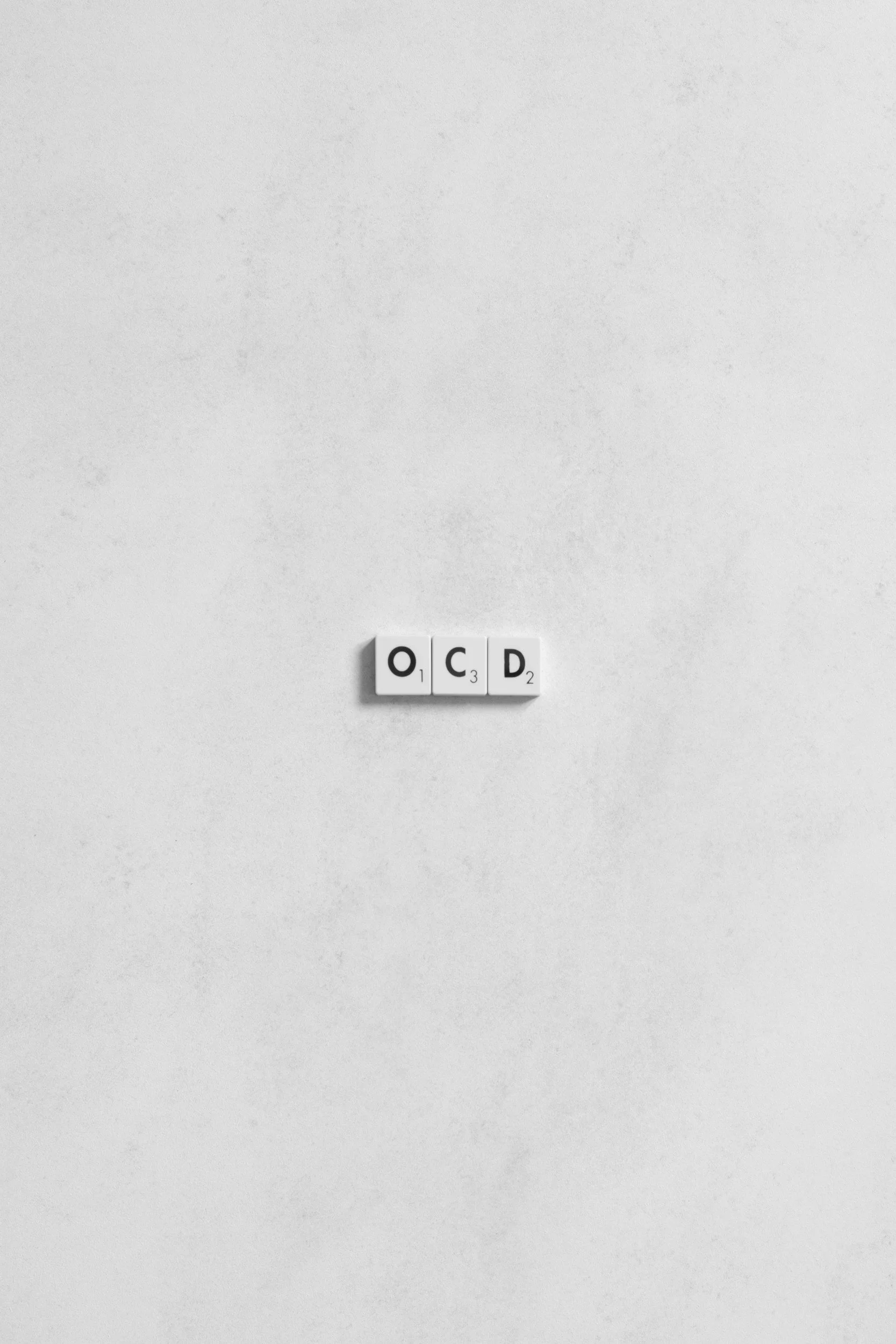Inference-Based Cognitive Behavioral Therapy (I-CBT): A Different Approach to Treating OCD
I-CBT is short for Inference-Based Cognitive Behavioral Therapy—a specialized form of therapy not to be confused with traditional CBT. Unlike standard CBT, which often focuses on challenging distorted thoughts directly, I-CBT is based on the idea that obsessions are abnormal doubts about what might be rather than what actually is. These doubts feel convincing because they are built on facts, rules, hearsay, personal experiences, and possibilities—but they don’t come from what we can actually see, hear, or sense in the present moment (ICBT, n.d.).
The goal of I-CBT is to help you recognize where obsessive thoughts come from, why they feel so real, and how to stop them from taking over.
What Stands Out About I-CBT
Identifying the feared self – I-CBT helps uncover the version of yourself you’re afraid of becoming (e.g., “I am someone who causes harm” or “I am someone with hidden intentions”). Compulsions are often performed to avoid becoming that feared self.
Tracing the origin of obsessions – Obsessive thoughts don’t appear randomly. They’re shaped by what we’ve seen, heard, been told, or experienced.
Using reality-based tools – I-CBT teaches skills, like what I call the five senses technique, to ground yourself in the present and prove that obsessions are not happening right now.
Discovering the true self – By separating fears from reality, you reconnect with who you truly are.
Less reliance on exposure – I-CBT aims to prevent obsessions from escalating to the point of needing exposure therapy. While exposures can still be useful, many clients find I-CBT a gentler starting point.
Research on I-CBT
Research supports I-CBT as an effective treatment for OCD. Aardema et al. (2022) found that:
“I-CBT may have an edge in terms of the rapidity by which patients reach remission, its generalizability across symptom dimensions, its potentially higher level of acceptability, and effectiveness for overvalued ideation.”
Studies show that I-CBT can lead to improvement across major OCD symptom types. It may be especially helpful for those with poor insight like individuals who strongly believe in their obsessions and may struggle with ERP. While research on children is limited, developmental ability to distinguish imagination from reality would play a key role (Aardema, n.d.).
Course of Treatment
I-CBT can be done virtually or in person, usually over 18–24 one-hour sessions. The first 1–2 sessions focus on rapport building and assessment before beginning the structured modules:
Obsessional Doubt – What are your OCD thoughts?
Logic of OCD – What contributes to these thoughts?
Obsessional Story – What story is your OCD telling you?
The Vulnerable Self Theme – Who are you afraid of becoming?
Doubt is Imaginary – Using the 5 senses to separate real from imagined.
Doubt is Irrelevant – Without evidence, obsessive thoughts are meaningless.
OCD Bubble – Recognizing when you’ve left reality and entered “OCD land.”
Reality Sensing – Returning to the present through the senses.
Alternative Story – Creating a narrative grounded in reality.
Tricks & Treats of OCD – Common pitfalls and patterns to watch for.
The Real Self – Reclaiming who you truly are beyond OCD.
A free copy of the I-CBT workbook is available here [link].
I-CBT offers a compassionate, structured, and evidence-based way to approach OCD and intrusive thoughts. Instead of getting stuck in endless cycles of “what if,” this therapy helps you separate imagination from reality, reconnect with your true self, and live with more peace and confidence.
If you’re struggling with obsessive thoughts, I-CBT may be the next step in your healing journey. Therapy can be done virtually or in-person, making it accessible no matter where you are.
🌿 If this approach resonates with you, I invite you to reach out and learn more about how I-CBT could support you. Together, we can work on quieting the doubts and helping you reclaim your sense of self.
Works Cited:
Aardema, F., Bouchard, S., Koszycki, D., Lavoie, M. E., Audet, J.-S., & O’Connor, K. (2022). Evaluation of Inference-Based Cognitive-Behavioral Therapy for Obsessive-Compulsive Disorder: A Multicenter Randomized Controlled Trial with Three Treatment Modalities. Psychotherapy and Psychosomatics, 91(5), 348–359. https://doi.org/10.1159/000524425
Aardema, F., Heady, M., Shroyer, B., Sanders Shaup, S., Ouellet-Courtois, C., Wong, K., Marrotte, K., & Visser, H. (n.d.). Inference-based cognitive behavioural therapy (I-CBT). International OCD Foundation. Retrieved September 23, 2025, from https://iocdf.org/ocd-treatment-guide/i-cbt/
ICBT. (n.d.). What is ICBT? Retrieved September 24, 2025, from https://icbt.online/what-is-icbt/

